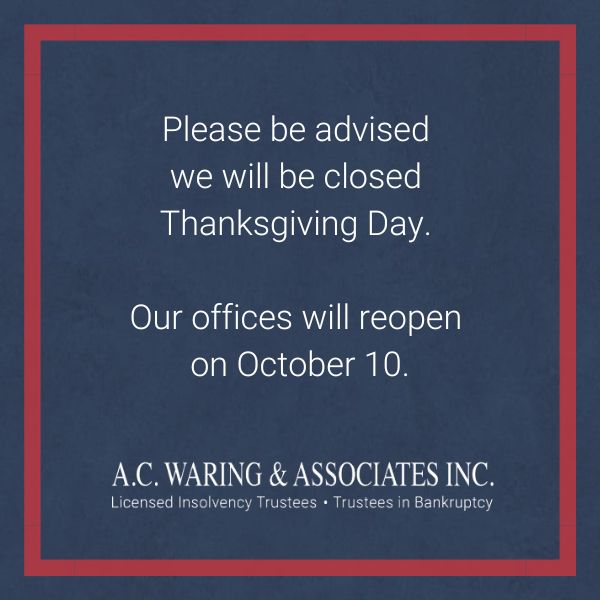The COVID-19 pandemic has changed the way we looked at our money forever. Studies have shown that 1 in 3 Canadians have felt an impact on their finances since the first lockdown happened in March 2020; an impact that has reduced their income, changed how they saved, and even pushed their retirement plans to a later date.
However, there is no telling how long COVID-19 may affect day-to-day life, and seniors across the country will still be retiring even if the pandemic is ongoing. If you are among the many people looking to retire in the next few years, these are the tips you need to consider before finally leaving the workforce for good.
Know How You Want to Retire
Retirement is a big decision to make, and there are many ways you could wish to retire. According to a Ryerson University study, 100% of people aged 65 and older want to live at home during their retirement. They want to live at home for several reasons, but one of the most common is how COVID-19 affected senior living homes across the country.
Retirement and caregiving homes often restricted their residents from seeing friends and family, doctors, or other residents. These preventative measures, though necessary, led to a decreased quality of life for many seniors.
However, retirement and caregiving homes are equipped to take care of their residents, so retirees choosing to live independently will need to shift their caregiving needs to friends or family members. The issue here is that only about 43% of Canadians feel that they are personally and financially ready to take on caregiving responsibilities for a loved one, making retirement a choice that affects both your finances and your family’s.
It would be best if you had an honest conversation with your family about your retirement plans. Your golden years are years you should enjoy without having to worry about placing a financial burden on you and your family.

Save, Save, Save
Once you have an idea of how you want to retire, the next step is to save enough to live comfortably. Saving is an essential step towards protecting your retirement while living in a pandemic. Unfortunately, though, 32% of Canadians are reaching retirement age without any savings, while another 53% aren’t sure if they’ve saved enough.
On average, Canadians estimate that they need around $756,000 in their retirement savings. However, 90% of Canadians in a CIBC study said they have no plan in place to reach their retirement goals. In fact, the average retirement savings a person has hovers around $184,000.
Saving your money requires commitment and sound budgeting strategies. A financial plan needs to consider:
- Your current and future value of your investments and assets
- Your current and future expenses
- Your current and future sources of income, benefits, savings, assets, and government plans
- Your insurance
- The taxes you need to pay during retirement
Fortunately, there are several retirement savings plans you can contribute to, including The Canadian Pension Plan (CCP) and the Registered Retirement Savings Plan (RRSP). These plans provide you with the most benefit when you start contributing to them as early as possible, but you can still make contributions later in life as well.
Supplement Your Income
Saving can only take your retirement plans so far. You should also be considering how to generate an income while living in retirement.
19% of Canadians are planning to downsize their living space by the time they retire, and this could mean selling the house they’re living in or turning it into a rental property to supplement extra income.
Many Canadians also draw from their long-term investments during their retirement. These investments provide monthly payouts from dividends without selling the stock. It’s important to note that the government also taxes these dividends, so it’s important to have a close eye on how much money you’ve put in and what you may owe during tax season.
Finally, Canadians can also generate income from a plethora of different benefit plans, including:
- Alberta Seniors Benefit
- Old Age Security
- Guaranteed Income Supplement
- CPP Post-Retirement Benefits
- CPP Survivor Benefits
Take Control of Your Debt
Your debt doesn’t go away when you retire, and monthly payments can have a serious impact on your living expenses. About 4 in 10 Canadians retire with some form of debt, so it’s essential to get them managed as soon as possible, especially if you wish to retire during the pandemic.
Speaking to a financial advisor or an insolvency trustee can help you plan for managing your debt as you enter retirement. Some of the most successful strategies can include:
- Consolidating your debts
- Paying more than your monthly minimum
- Taking credit counselling advice/courses
However, it would be best if you always were planning to retire debt-free. If you’re struggling with debts and see retirement coming in the next few years, it’s time to get some help. Be sure to call the team at A.C. Waring & Associates and take control of your debt today.
Happy couple high-fiving one another after reviewing finances for retirement.




